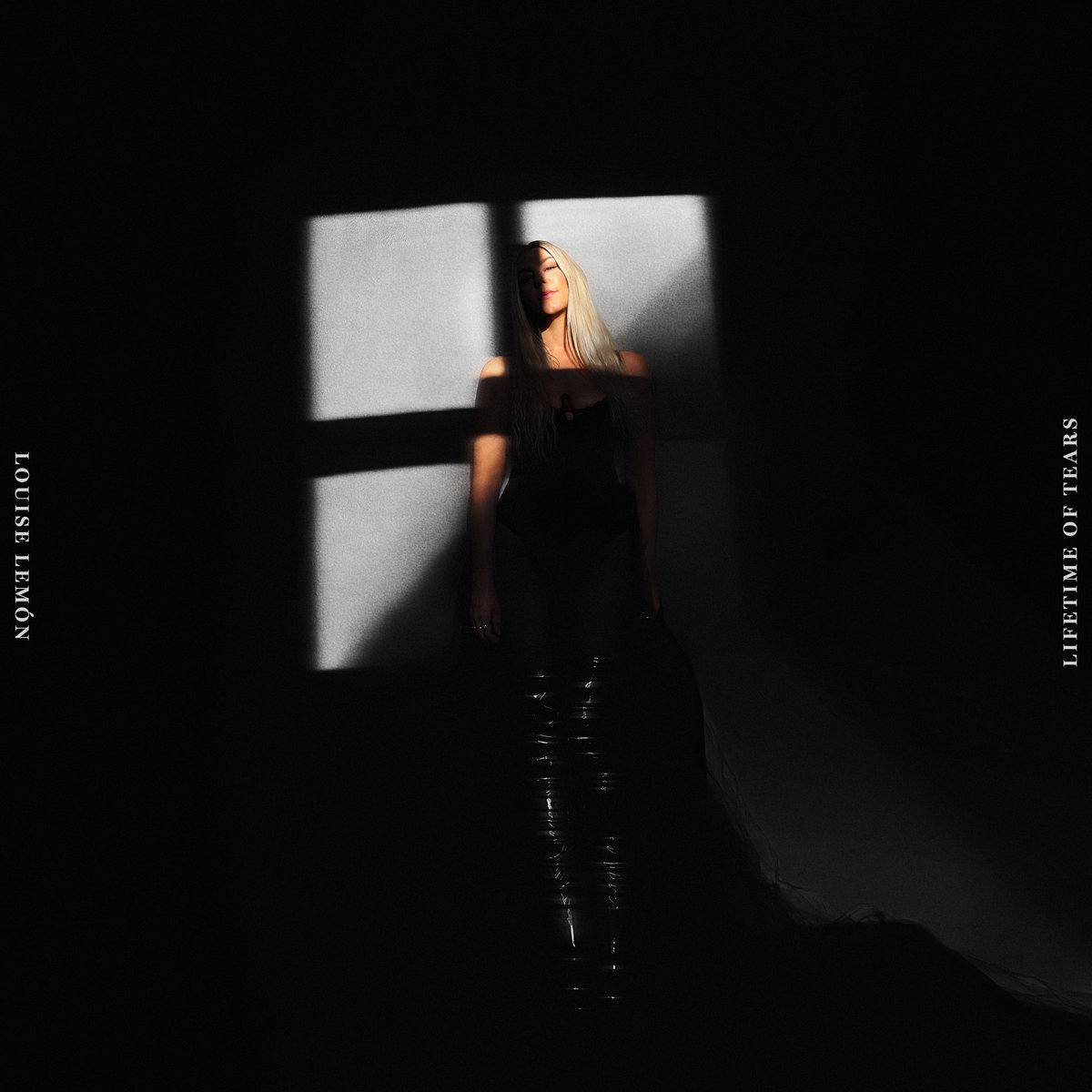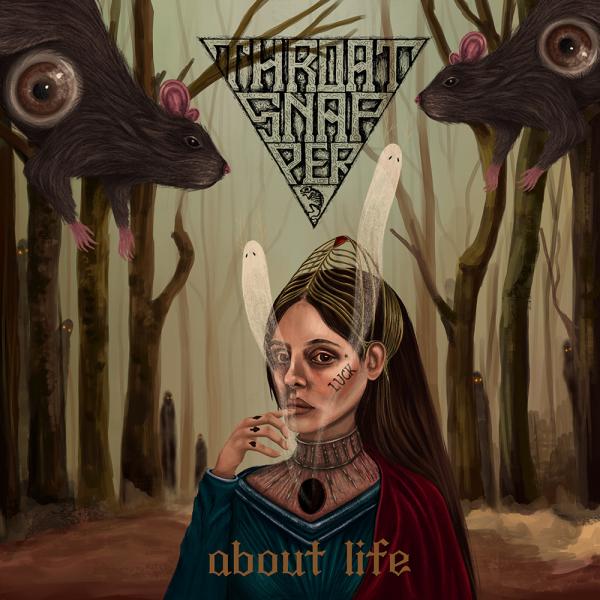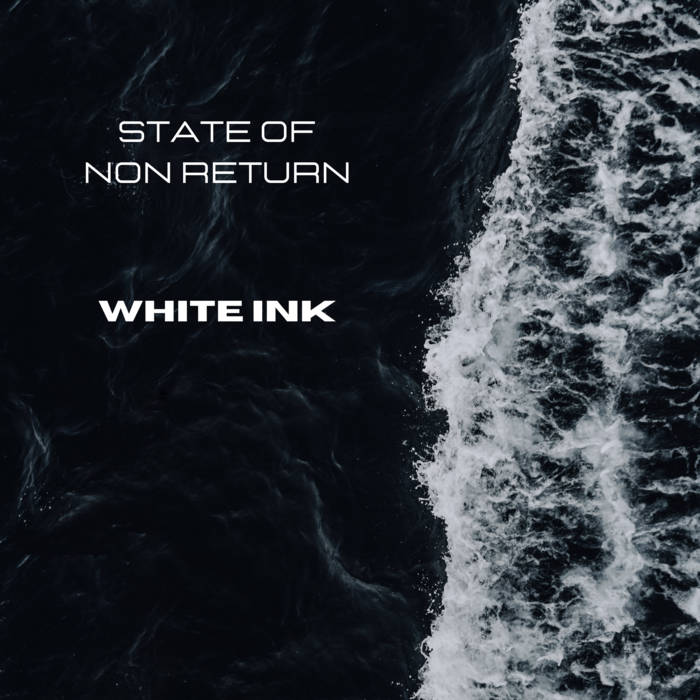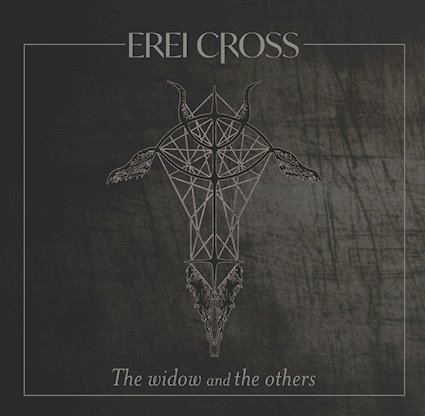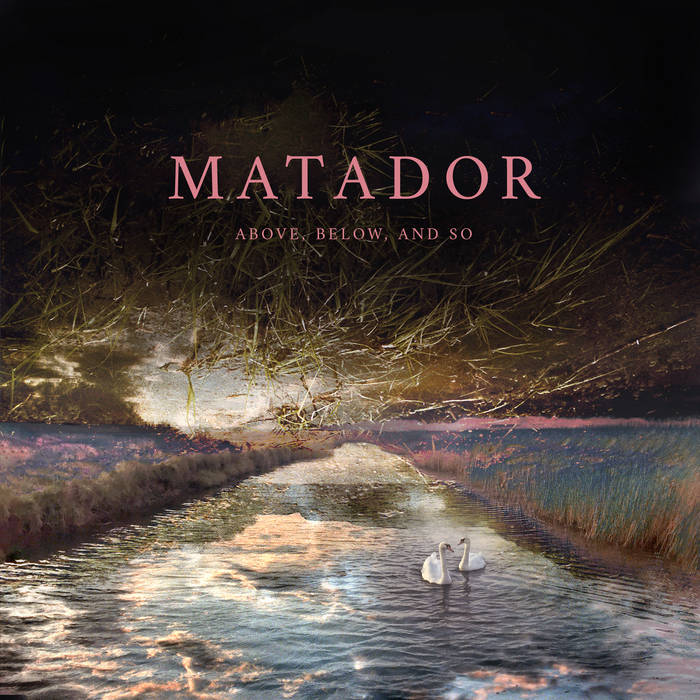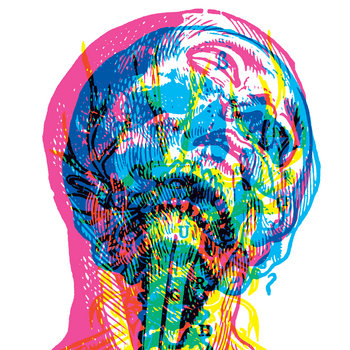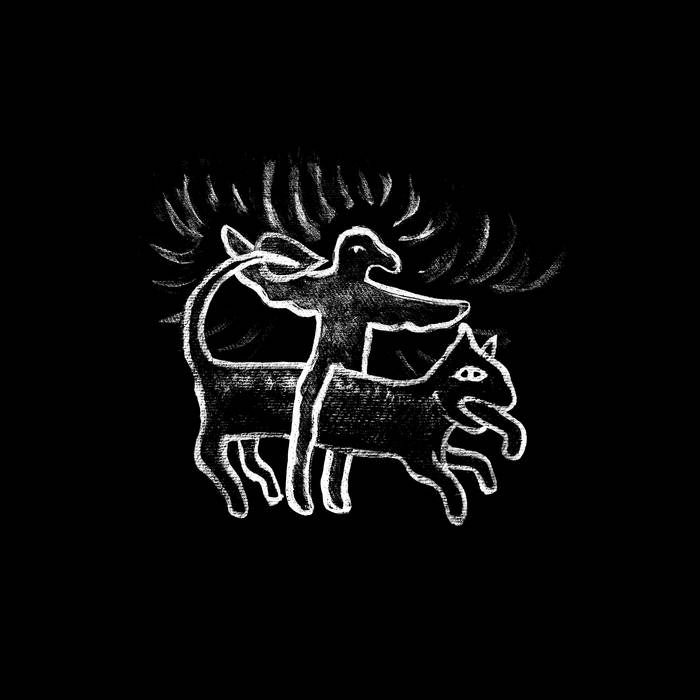Feeling tired of soulful female Pop stars in skimpy outfits almost exclusively singing about relationships and break-ups? Rejoice as I give you a Swedish Pop singer, clad in black lingerie and high-heel boots, and her long-awaited new album, on which she’s downright obsessed with love, hurt, heartbreak and heal… Ok, I confess that sometimes I just make a lousy salesman.
Obviously - even though she has gathered a quite respectable following - Louise Lemón is very far from household name fame, so one unwritten rule of her being featured in our rather underground-orientated little publication here is already cleared. That leaves the even less defined criterion of musial direction. Well let’s just say that her Roadburn Festival appearance in 2019, which yours truly witnessed spellbound from the center of the first row should be approval enough, right?
Even in the early 2010’s, long before her first full album Purge in 2018, Louise Lemón already presented herself as an artist determined to claim a strangely specific place between worlds, formally and aesthetically embracing some aspects of mainstream Pop music, but always with a dark independent undercurrent and a very band-orientated sound. At some point coined Queen of Death Gospel, her style has gradually developed, yet always stayed true to its roots. Even though she hasn’t ever exactly copied her last work, her music for sure is very consistent and recognizable. Lemón’s third album keeps utilizing her established strengths, so as a fan you will immediately feel at home on Lifetime of Tears.
This means you’ll hear the here intimate and soulful, there tightly rocking sound of a band between Fleetwood Mac worship and modern Alternative with an excellent feel for dynamics, skillfully placed accents and space. An emphasis on piano or organ chords is prevalent, and as soon as the singer leaves center stage or the song opens up into a dramatic crescendo, you can expect some very tasty soaring and howling guitar leads. Once again with expert for a healthy deep end Randall Dunn (Earth, Sunn O))), Zola Jesus) on the mixing desk all this comes across in a lush yet crispy production. The snare drum alone should make you cluck your tongue.
But the centre of attraction is of course the magnetically enchanting presence of the singer. From sultry crooning to boundless Soul belting Louise Lemón seems to move between Lana Del Rey and fellow Swedish vocal powerhouse Elin Larsson, as she converts her anger, grief and heartbreak into confident, enormously catchy and addictive hymns. The just mentioned comparison actually also works on other levels, as this material embraces Seventies’ nostalgia and turns it into something both timeless and mordern in a similar way many songs of Lana (also Florence Welsh for that matter) and yes, with even more nerd energy, Larsson’s Blues Pills are doing it. Mash those artists up in the middle and add some eery reverb and smoky bar vibes to it and you’ll be surprised how close you will get to this album.
In comparison to its predecessor A Broken Heart Is An Open Heart Louise may have dialed back a little of what I would call Contemporary Gothic spirit in favour of a more outgoing, yet still emotionally raw and honest Blues/Rock approach. And then there’s of course the fun distraction of the disco-glittering danceable chorus in the slightly sarcastic “Feels So Good”… But despite an anomaly like this, in the big picture the shifts are rather subtle. So you should probably take my words with a grain of salt here; Lemón’s signature sound still is her signature sound. And that’s a great thing, because as simply structured and topically restricted as her self-reflective meditations on the words “love”, “hurt” and “heart” may appear on the surface - she knows exactly what she’s doing, both as a lyricist and songwriter. And before you even realize it you’ll find yourself trapped in a mesmerized state of submissively listening to these ten songs over and over again. Please don’t try to free me! I’m good down here. Or up there? Both I guess.
And while I once again immerse myself into the hypnotic Ambient atmosphere of the mantra-like album closer “Topanga Canyon”, I find that the only thing which baffles me in a bad way about Lifetime of Tears actually has nothing to do with its absolutely wonderful music: It’s the record label’s strategy on Bandcamp. Let’s just say in this case everyone’s favorite music site is certainly not the place to go if you only want a digital version. Even though [cliché incoming!] I have this on vinyl I seriously don’t understand how anyone benefits from selling the download for double the price of the CD. Can someone enlighten me?

